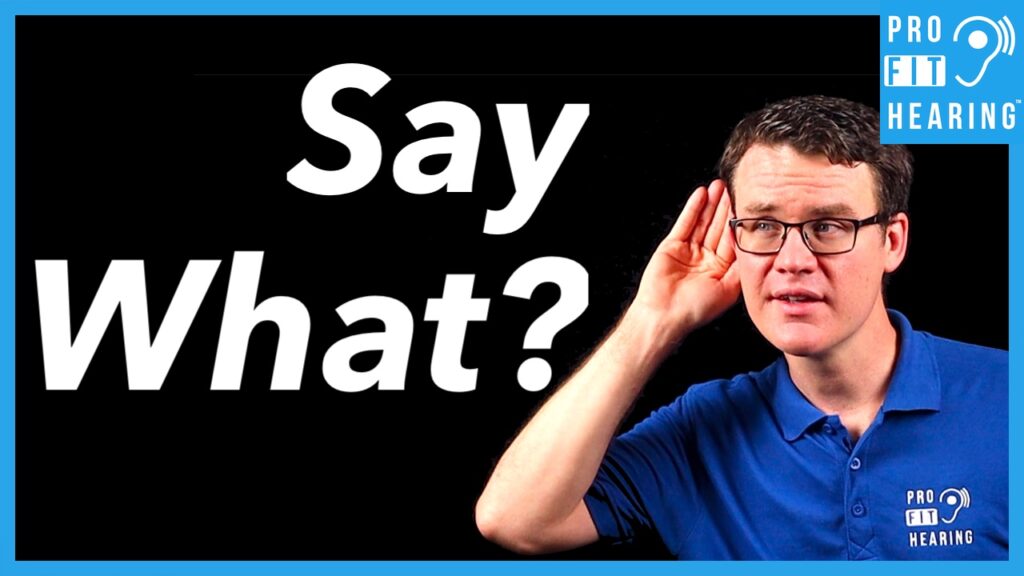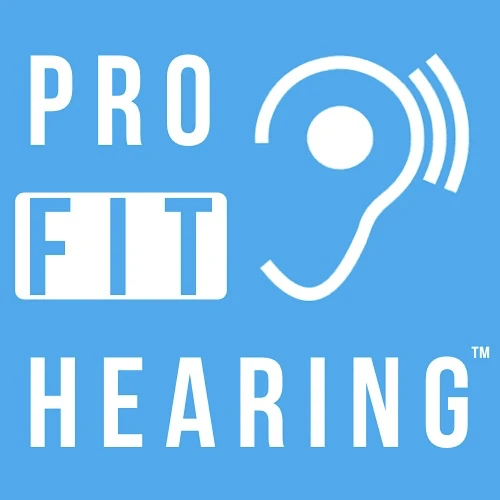What is Presbycusis – Presbycusis Definition

What is Presbycusis?
What is presbycusis and how may it impact you? Well in this post, I’ll discuss what you can do about it. Coming up!
SUBSCRIBE to our YouTube channel for weekly videos! The video link is at the end of this post.
Hi, I’m Dr. Derek – audiologist, audio engineer, and musician with Pro Fit Hearing.com bringing you the best insight in today’s latest hearing aids, headphones, and audio technology to improve your life. If you have concerns about your hearing, always consult with your local physician or audiologist.
Welcome to question of the day where I answer your hearing healthcare and audio technology question. What is presbycusis?
Presbycusis is gradual hearing loss that occurs with age. It can affect the sensory cells and other processes within the inner ear, the auditory nerve, and also auditory processing within the brain.
Presbycusis Prevalence
According to the National Institute on Deafness and Other Communication Disorders (NIDCD), 30-35% of adults age 65 and older and 40-50% of adults age 75 and older experience hearing loss. Presbycusis can also be influenced by a history of noise exposure, genetics, ototoxic medications, smoking, poor blood circulation, and disease affecting the inner ear.
Since presbycusis is gradual, the hearing loss may not be noticed at first. There are a few signs of hearing loss to watch out for. Do people sound like they mumble? Is their speech not clear and do their words run together? Is it hard to understand speech in noisy situations? These symptoms might be caused by hearing loss.
Preysbycusis initially affects our ability to hear high pitches which give words clarity and provides speech understanding. Hearing loss due to aging is permanent and occurs in both ears. It is also known as sensorineural hearing loss.
Sensorineural hearing loss can be treated with assistive listening devices, hearing aids, or cochlear implants. Always consult with your physician or audiologist for an evaluation to determine the best treatment for you.
Assistive listening devices can include amplified telephones or simple handheld amplifiers with headphones that turn up the volume so a person with hearing loss can hear better. Assistive listening devices are not fine tuned to a person’s hearing loss, but they’re a simple solution to provide improved audibility and speech understanding.
Hearing aids provide more volume and clarity to improve speech understanding. They are fine tuned to your level of hearing loss. The technology in today’s hearing aids have improved significantly. Check out the free eBook below for more information.
Cochlear implants are reserved for people who do not find enough benefit from hearing aids alone. A cochlear implant uses an electrode that is surgically inserted into the inner ear. This electrode stimulates the auditory nerve directly so that sound can reach the brain. An external device that resembles a hearing aid also sits behind the ear.
If you or a loved one is experiencing more difficulty hearing, contact your local healthcare provider today. Hearing loss may often go untreated and can significantly impact quality of life. See what options are available for you to hear your best. Here’s a link to an audiologist directory: https://www.audiologist.org/patients/find-an-audiologist
Question of the Day
So for today’s question, what did you learn about preysbycusis that surprised you the most? Let’s connect in the comments.
Remember to connect with Pro fit Hearing on social media. Be a part of the Pro Fit Hearing community!
If you’re interested in hearing aids, click HERE for my free ebook “How to Buy Hearing Aids.” Know what to ask your audiologist or hearing aid dispenser so that your hearing aids are easy to use and have all the features you’re looking for.
Remember Pro Fit Hearing brings you the best insight today’s latest hearing aids, headphones, and audio technology to improve your life. If you have concerns about your hearing, always consult with your local physician or audiologist.
-Dr. Derek
Click image ↓ to watch the YouTube video!

